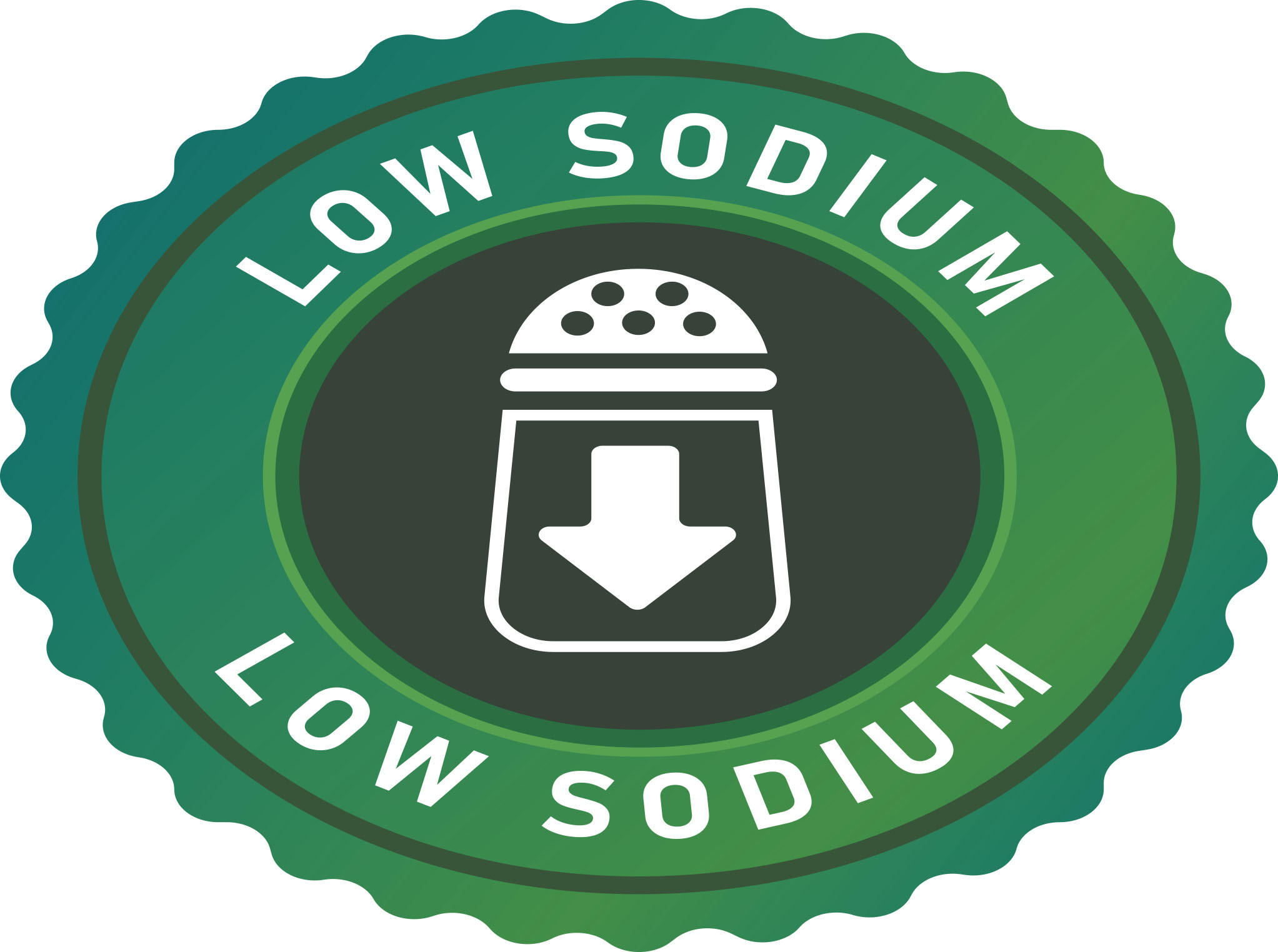
5 timeless habits for better health

What are the symptoms of prostate cancer?

Is your breakfast cereal healthy?

When pain signals an emergency: Symptoms you should never ignore

Does exercise give you energy?

Acupuncture for pain relief: How it works and what to expect

How to avoid jet lag: Tips for staying alert when you travel

Biofeedback therapy: How it works and how it can help relieve pain

Best vitamins and minerals for energy

Should you take probiotics with antibiotics?
Heart Health Archive
Articles
What's the best blood pressure target for older adults?
For people over 60, aiming for a blood pressure target below 130/80 mm Hg may prevent more cardiovascular problems than aiming for the higher target suggested by some physicians. Some feared that the more intensive treatment required to reach the lower target might cause more adverse side effects (such as dizziness and falls) in older people. But side effects do not appear to differ among people taking intensive versus standard therapy.
Living with stable angina
For people with stable angina, which occurs in about two-thirds of people with heart disease, optimal medical therapy is almost always the best treatment. It includes all the medications a person needs to get cholesterol, blood pressure, and blood sugar into a healthy range. Certain medications, including beta blockers, calcium-channel blockers, and nitrates, also help relieve the discomfort of angina.
How a sugary diet may sabotage your heart health
Reducing added sugar in sweetened beverages and packaged foods may help reduce obesity, diabetes, and heart disease in the United States, which could lead to substantial health care cost savings. Most of the added sugar in the typical American diet comes from sugary beverages, which add extra calories that have no nutritional advantages and may contribute to weight gain. Replacing sugar with artificial or non-nutritive sweeteners is one popular option, but it's not clear that eating such products offers any health advantages. A better option would be to substitute fresh, whole foods such as fruit for processed junk food and to drink sparkling water with a splash of juice instead of a soda.
Types of aortic valve problems
In aortic stenosis, the heart's aortic valve narrows and can't open fully. In aortic regurgitation, the valve doesn't close properly. The cause may be present at birth (congenital) or acquired later in life, and the problems can occur alone or together.
Salt substitute associated with lower rates of stroke, death
A large study published online Aug. 29, 2021, by The New England Journal of Medicine found that people who used a salt substitute on their food had a lower risk of stroke, heart attack, and early death, compared with people who used regular salt.
Meal of the month: Healthy meals for 2022
Heart-safer NSAID alternatives
Common pain relievers known as nonsteroidal anti-inflammatory drugs (NSAIDs) carry an added risk of heart problems. Use only what you need and for only as long as you need it. Men with heart problems should be extra cautious.
Switching to a salt substitute may reduce stroke risk
Measuring ejection fraction
Ejection fraction is the fraction of the blood that the heart "ejects" out to the rest of the body each time it contracts. A normal ejection fraction is about 55% to 70%. Levels below 40% indicate reduced ejection fraction and may result in heart failure symptoms.
Less heart disease in people with a dairy-rich diet?

5 timeless habits for better health

What are the symptoms of prostate cancer?

Is your breakfast cereal healthy?

When pain signals an emergency: Symptoms you should never ignore

Does exercise give you energy?

Acupuncture for pain relief: How it works and what to expect

How to avoid jet lag: Tips for staying alert when you travel

Biofeedback therapy: How it works and how it can help relieve pain

Best vitamins and minerals for energy

Should you take probiotics with antibiotics?
Free Healthbeat Signup
Get the latest in health news delivered to your inbox!
Sign Up











